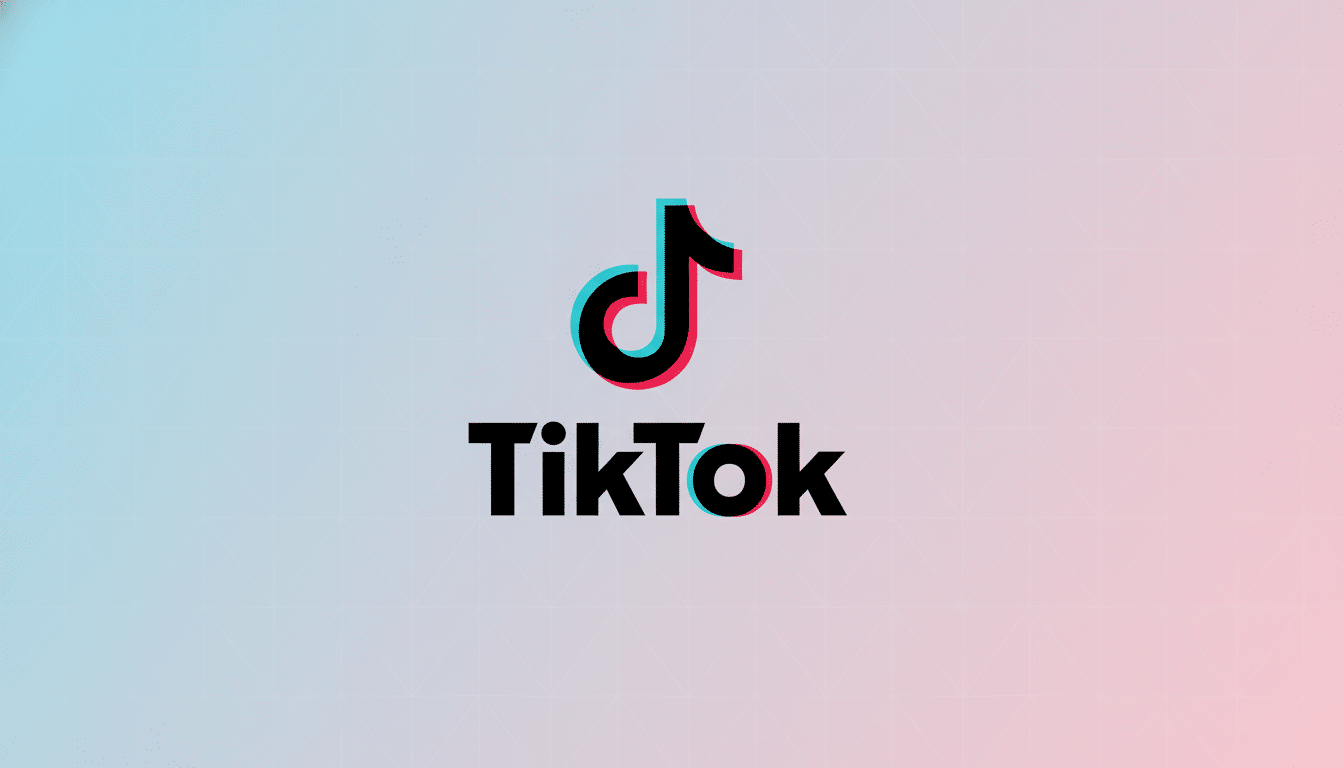Malaysia is set to ban kids under 16 from using social media after its parliament said it would outlaw the process of children creating an account, with the country’s communications minister suggesting he eXpects platforms to enforce the policy. The proposal, which was reported by Reuters, would essentially draw the world’s networks into an effort to make them keep tighter age gates for Malaysian users or pay a price in new regulations.
Policymakers are framing the move as a child-safety measure, in the face of growing evidence that adolescent exposure to algorithmic feeds, harassment and harmful content can result in real health and developmental costs. The approach would add Malaysia to a growing list of governments that are adopting hard age limits, rather than relying strictly on content moderation or parental controls.

What the Proposed Ban Would Cover for Malaysian Users
Under the plan, large social media platforms like Facebook, Instagram and TikTok as well as YouTube and X would have to protect users under 16 from signing up. In practice, that would likely mean new account creation would be banned for underage users and existing accounts identified as younger teens would be disabled or made more restrictive.
Enforcement would probably fall to the platforms, with guidance and oversight from Malaysian authorities. That could involve things like mandating age-verification methods, audits and potentially orders to remove non-compliant features or accounts. Details about carve-outs, like read-only access, educational exceptions or controlled experiences have also not been detailed.
Why Malaysia Is Moving to Restrict Teen Social Media Use
Authorities around the world are tightening rules on teenage social media usage. Australia has approved laws that would force platforms to automatically shut down accounts belonging to users under 16. The U.K.’s Online Safety Act requires companies to block children from high-risk content, and leaves punishment for failing to do so incredibly steep. Throughout Europe, countries from France to Denmark, Italy and Norway are pursuing age-restriction regimes, and at least 24 states in the United States have passed age-verification laws; Utah has gone further by requiring age checks at the app store level.
Health and safety concerns drive the trend. The U.S. Surgeon General has also sounded warnings about links between high use of social media and increased rates of anxiety, depression and disrupted sleep among teenagers. UNICEF has a tally of 1 in 3 internet users around the world now being children, highlighting how widespread such exposure is. Teens already spend more than 4 hours a day on social platforms, according to Common Sense Media — including over an hour during the school day, on their phones — and they are no doubt spending at least that much time in other apps now. The pressure is rising for new guardrails around the practice of consuming content online that’s suitable for anyone with open access to handle.
How Age Verification Could Operate Under the Plan
Age gating mainly uses one or more of the following: the upload of government ID, checks against phone number on file with carriers, credit or payment card tokens and facial age estimation based on artificial intelligence. Each has trade-offs in the context of accuracy, privacy and inclusivity. Malaysia’s mature eKYC environment could point the way to a privacy-preserving path if platforms can access verified signals without needing to store data, if the government would allow it.

Platforms have taken slightly more steps toward stronger verification. Meta has been testing facial age estimation through partners like Yoti in a handful of markets, TikTok has added more age prompts and content restrictions for teenagers, and we’re seeing app stores promote parental controls more. Regulators, such as the U.K. Information Commissioner’s Office and Ofcom, have advocated age assurance principles that confirm age without over-collecting personal data — an approach Malaysia can consider adopting to achieve that balance between safety and privacy.
Implications for Platforms and Parents in Malaysia
Platform-wise, a 16-year-old age threshold in Malaysia would mean localized age-gating, more explicit parental consent flows, as well as stronger processes for appeals and complaints. Anticipate more scrutiny of the likes of account hopping, fake birthdays and cross-border sign-ups. Being compliant will probably require new tools that sense bad behavior by minors while cutting down on false positives or minor-aggravating errors that many older teenagers and adults wouldn’t tolerate.
Some families are also likely to observe behavior migrating from public social feeds to private messaging, gaming chats or fringe apps that are more difficult for parents to track. All of this makes digital literacy an imperative alongside regulation. But schools and civil society groups could help shape young people’s abilities to manage misinformation, bullying and harmful interactions more generally — even if the formal accounts are strictly off-limits.
What to Watch Next as Malaysia Finalizes the Rules
The crucial questions are procedural:
- Will there be a path for parental consent or supervised interactions, or is the rule a blanket ban?
- How will authorities define which platforms are covered, treat encrypted messaging and measure compliance?
- Will there be sanctions and, under whose leadership (probably the Malaysian Communications and Multimedia Commission), will monitoring and enforcement be carried out?
If passed, Malaysia would establish one of the strictest baseline standards in Southeast Asia for youths’ access to social media. The success of the policy will depend on the details: clear, privacy-respecting verification; realistic enforcement; and complementary education. Done right, the policy could spread across the region. As implemented clumsily, such efforts are liable to drive younger users further into the darker crevices of the internet rather than substantially improving their safety on it.

